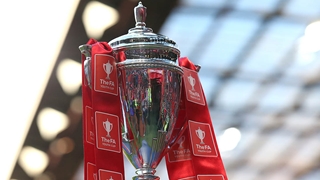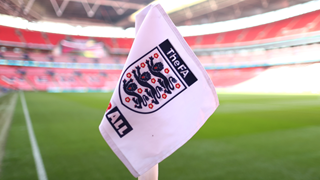
Specialist therapeutic support for survivors
November 2016 put the focus firmly on the question of safeguarding in football.
That was the month Andy Woodward bravely opened the door with his public disclosure of childhood sexual abuse he’d suffered in a football environment. He was followed by other former footballers who waived their anonymity.Like everyone else, the football world was shocked and appalled. Since then – among several other new measures – The FA has put in place a system through which survivors of football-related abuse can receive specialist therapeutic support without a long wait. This system was developed with the guidance of Dr Elly Hanson (an independent clinical psychologist specialising in the field of abuse and trauma), input and feedback from survivors, and in partnership with Sporting Chance¹, a charity specialising in supporting sportpeople’s mental health and wellbeing.
Following a telephone conversation with Sporting Chance, survivors are offered an initial meeting with a therapist to discuss their particular situation and needs, and from this, a collaborative plan for therapy that is right for that person is formed. Therapists have been vetted to a high standard and are educated about how certain therapies can sit alongside criminal justice processes. This helps survivors to make informed decisions about what kind of therapy they might like and when.
In the film below, some survivors give their thoughts about therapy, with Dr. Hanson concluding with a general message to survivors of football-related abuse.
¹Sporting Chance is the charity set up by Tony Adams, former Arsenal and England player, to support sportspeople with addictive disorders and their all-round well-being.





